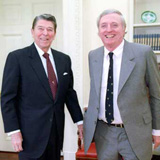
The Spanish-Speaking William F. Buckley
Buckley’s seldom-acknowledged fluency in Spanish shaped his worldview—including his admiration for dictators from Spain to Chile and beyond.


Buckley’s seldom-acknowledged fluency in Spanish shaped his worldview—including his admiration for dictators from Spain to Chile and beyond.

The debate may have helped Hillary Clinton’s chances in November. But if she truly wants to set the United States on a path toward greater economic equality, Clinton will have to put class politics front and center.

The U.S. economy has changed a lot since the 1970s—let alone the 1870s. But we are still stuck with old concepts for assessing it, and politics to match.
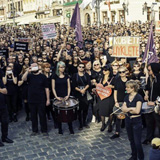
Over the past week, thousands have taken the streets to protest a complete ban on abortion in Poland, which already has some of the strictest anti-abortion laws in Europe. One of the founders of Krytyka Polityczna explains why she’s taking part in the protests.
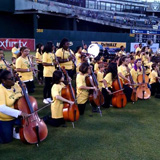
Colin Kaepernick isn’t the first sports star to defy the national anthem. It took a movement to make his protest stick.
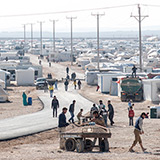
As aid groups struggle to provide even basic services, refugees have turned to overt and contentious modes of resistance to shape their own lives. What do these protests tell us about our existing system of humanitarian response?
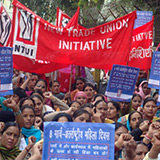
Last week’s general strike in India might have been the largest strike in history.

Can affect theory help us understand our contemporary unease—and express our dreams for the future—without becoming a stand-in for the slow, hard work of politics?

Election years used to be occasions for pitched battles over whether to go to war. Why aren’t they still?
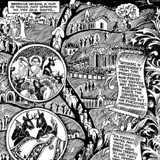
At once Bildungsroman and sprawling history, Malik Sajad’s Munnu tells the story of Kashmir through the eyes of a boy and his violent, insular, emboxed world.

To understand how the housing market really works, we need to hear the stories of those who have been pushed out. Two essential new books shine a spotlight on those stories, and illuminate much more in the process.
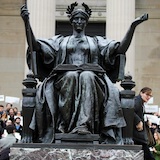
Lindsey Dayton from the Graduate Workers of Columbia joins us to talk about the recent NLRB ruling that graduate students who work for private universities are employees and have the right to unionize.

Too many of us on the left treat the right as a monolith—and it’s keeping us from effectively fighting back.

Elizabeth Hinton discusses her new book, From the War on Poverty to the War on Crime, and how twentieth-century policymakers anticipated the explosion of the prison population.
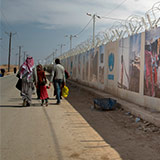
Za’atari refugee camp houses some 80,000 residents, making it one of the largest cities in Jordan. Views from inside the wall.